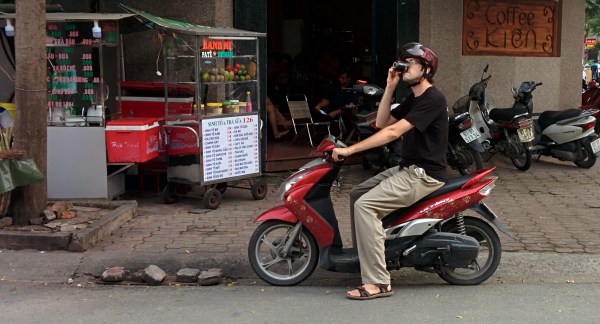Have you ever thought about coffee purity? It’s more something you’d encounter with prescription or elicit drugs, but coffee is actually a rather valuable commodity. If a seller can make the actual grounds go a bit further by stretching the brew with alternative ingredients there becomes an incentive to cheat.
If this sounds like the stuff rumors are made of, that’s because it is! Here in Ho Chi Minh City there are age-old rumors a coffee syndicate that masterfully passes off adulterated product as pure, high-grade coffee. Rumors are one thing, but the local media started picking up on these suspicions and that caught my attention. I decided to look to simple chemistry to see if I could prove or disprove the story.
What we want to investigate is whether price and coffee purity are related. If they are, then after accounting for the effect of price, we will want to know whether proximity to the market where artificial coffee flavoring is sold has an effect on coffee purity.
Continue reading “How Pure Is This Cup Of Joe? Coffee, Conspiracy, And Citizen Science”












